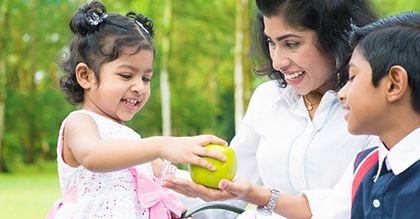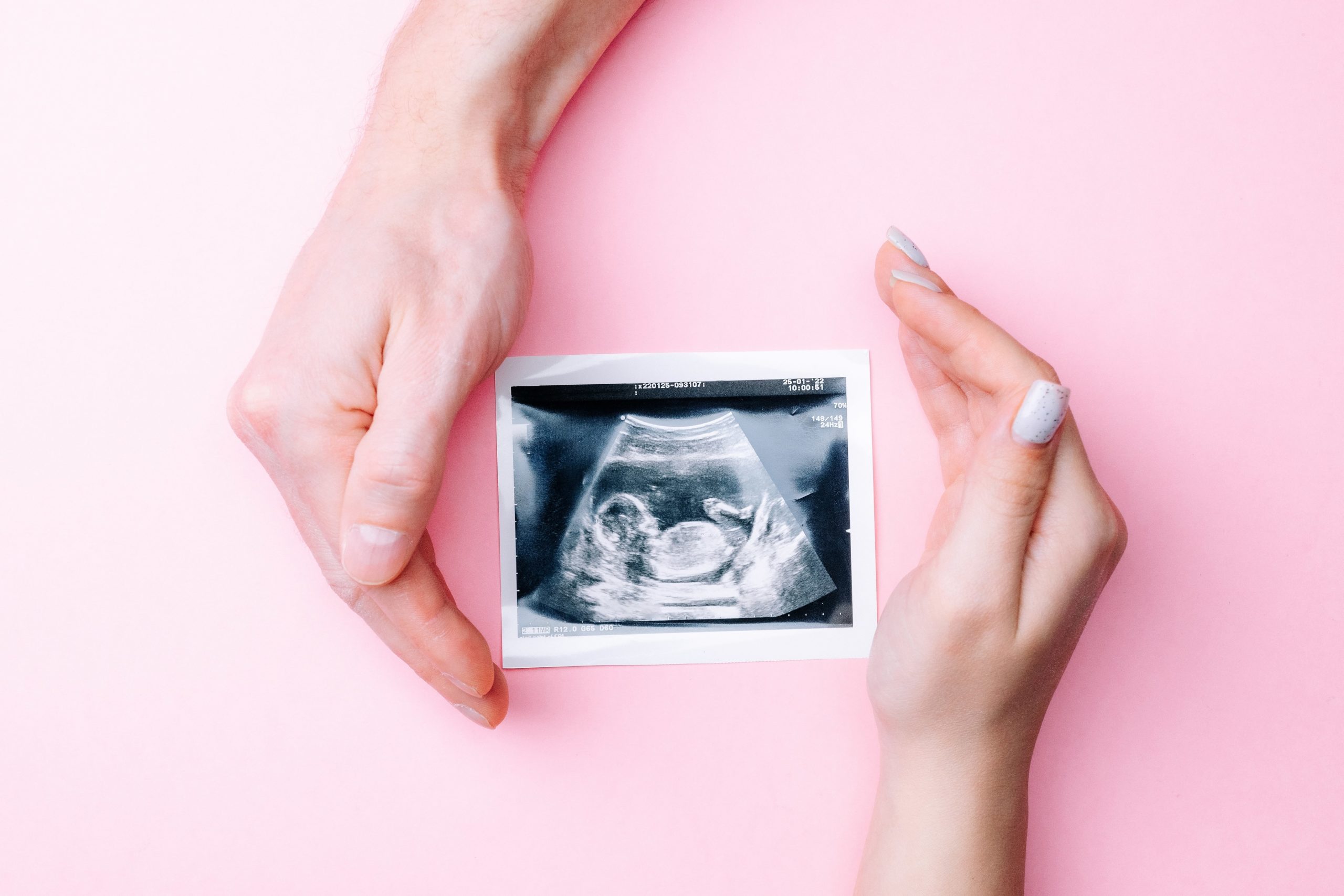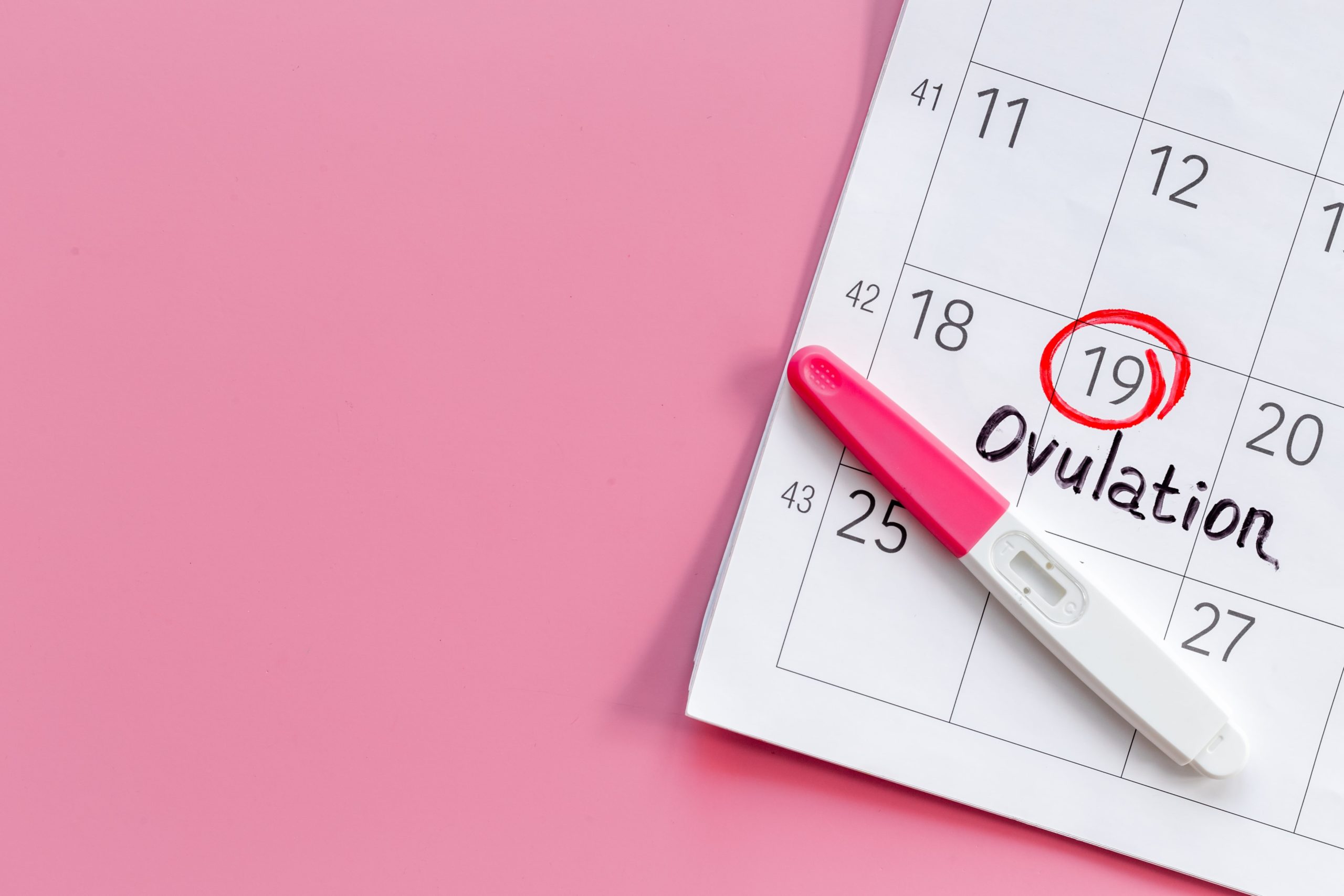Haemoglobin Levels in Pregnant Women: Natural Ways to Improve Your Platelet Count
If you're expecting a baby, you're probably paying extra attention to your diet, but how closely are you tracking your haemoglobin levels? Many pregnant women experience a drop in haemoglobin during pregnancy, which can lead to fatigue, complications during delivery, and delayed recovery post-birth.
The good news? With the right diet, supplements, and natural strategies, you can boost your haemoglobin and support your baby’s growth at the same time.
Why Haemoglobin Levels Drop During Pregnancy
During pregnancy, your blood volume increases by nearly 50% to support your baby’s development. But if your red blood cells don’t keep pace, your haemoglobin levels can fall. This leads to iron-deficiency anaemia — one of the most common conditions in pregnancy.
According to WHO, nearly 50% of pregnant women in India are anaemic. That’s why monitoring haemoglobin is just as important as watching your weight or tracking fetal growth.
What Is Haemoglobin and Why Does It Matter?
Haemoglobin is a protein in red blood cells that carries oxygen throughout your body. Low haemoglobin means your organs and your baby may not be getting enough oxygen.
If your haemoglobin levels drop too low, you may experience:
- Constant tiredness or breathlessness
- Pale skin or lips
- Weak immunity
- Increased risk of preterm labour or low birth weight
How Low Is Too Low?
For pregnant women, normal haemoglobin levels should range between 11–13 g/dL. Anything below that is classified as mild, moderate, or severe anaemia and needs to be managed immediately.
Nutrition for Pregnant Women: Foods That Naturally Boost Haemoglobin
Looking to boost your haemoglobin level during pregnancy? Start with what’s on your plate.
1. Iron-Rich Foods
Iron is essential for red blood cell production. Include these in your daily pregnancy diet:
- Green leafy vegetables (spinach, fenugreek, amaranth)
- Beetroot
- Pumpkin seeds and sesame seeds
- Dates, raisins, and dried apricots
- Jaggery and blackstrap molasses
- Red meat and chicken liver (if non-vegetarian)
2. Vitamin C-Rich Foods
Vitamin C helps your body absorb iron more effectively. Try:
- Oranges, amla (Indian gooseberry), guava
- Tomatoes
- Bell peppers
- Lemons and citrus juices
3. Folate-Filled Foods
Folic acid is vital for red blood cell formation and is often included in iron supplements during pregnancy:
- Lentils and beans
- Broccoli
- Peanuts
- Bananas
- Fortified cereals
4. Protein Sources
Your body also needs adequate protein to maintain haemoglobin levels. Add:
- Eggs
- Paneer and tofu
- Milk and yoghurt
- Fish and lean meats
Should You Take Iron Supplements During Pregnancy?
Yes — in most cases. The Ministry of Health and Family Welfare (MoHFW) recommends iron and folic acid supplements for all pregnant women in India from the second trimester onwards.
Supplements help maintain haemoglobin levels when food alone isn’t enough. But too much iron can also cause constipation and stomach upset. Always take supplements under your doctor’s supervision.
What About Platelet Count?
While haemoglobin is about oxygen transport, platelets are about clotting. During pregnancy, platelet count can dip slightly, but a sharp fall may signal gestational thrombocytopenia or other medical issues. Fortunately, many haemoglobin-boosting foods also support platelet production.
Natural Ways to Improve Platelet Count and Haemoglobin Together
Some simple habits can support both haemoglobin and platelet health, naturally and safely, during pregnancy.
- Drink beetroot and carrot juice
- Add papaya leaf extract (only under medical advice)
- Eat pomegranate and pumpkin seeds
- Stay hydrated with coconut water or buttermilk
- Cook in iron utensils to naturally increase iron content
When to Seek Medical Advice
If you experience any of the following during pregnancy, talk to your doctor:
- Breathlessness after minor activity
- Excessive fatigue
- Dizziness or fainting
- Pale lips or nails
- Irregular heartbeat
Motherhood Hospitals offers complete nutrition during pregnancy, counselling and screening services to help you stay on track. Early detection and intervention can prevent complications later in pregnancy or during delivery.
Pair Diet With Smart Lifestyle Habits
While focusing on iron-rich foods is essential, these everyday habits can significantly enhance your body's ability to maintain healthy haemoglobin levels throughout pregnancy:
- Avoid tea or coffee with meals, as they hinder iron absorption
- Eat smaller, iron-rich meals throughout the day
- Get light daily exercise to improve circulation
- Don’t self-medicate with over-the-counter iron pills
- Consider pre-pregnancy screening if planning to conceive soon
Your Body Is Creating Life — Let’s Give It What It Needs
Low haemoglobin can affect your energy as well as your baby’s development. The right pregnancy food, supplements, and support system can make all the difference. Many maternity packages now include access to a nutritionist or preconception counselling.
At Motherhood Hospitals, we help you prioritise not just your baby’s health, but your own too. Our plans are designed to guide you through each trimester with expert-led support.
Let’s nourish you both naturally, safely and with care.
Frequently asked questions (FAQs)
-
What is the ideal haemoglobin level for pregnant women?
Levels should stay above 11 g/dL. If it drops below that, you may be diagnosed with anaemia.
-
What are the best foods for pregnant women with low haemoglobin?
Include iron-rich foods like leafy greens, beetroot, dried fruits, meat, and iron-fortified cereals. Pair them with Vitamin C sources for better absorption.
-
Can I boost haemoglobin naturally without supplements?
Yes, in mild cases. But for moderate to severe anaemia, supplements may be needed. Always consult your doctor.
-
How quickly can haemoglobin levels improve during pregnancy?
It depends on your diet, supplement adherence, and iron absorption. With consistent effort, improvement is usually seen within a few weeks.
-
Are iron supplements safe during pregnancy?
Yes, when taken as advised by your healthcare provider. They’re commonly prescribed during the second and third trimesters.



















No comment yet, add your voice below!